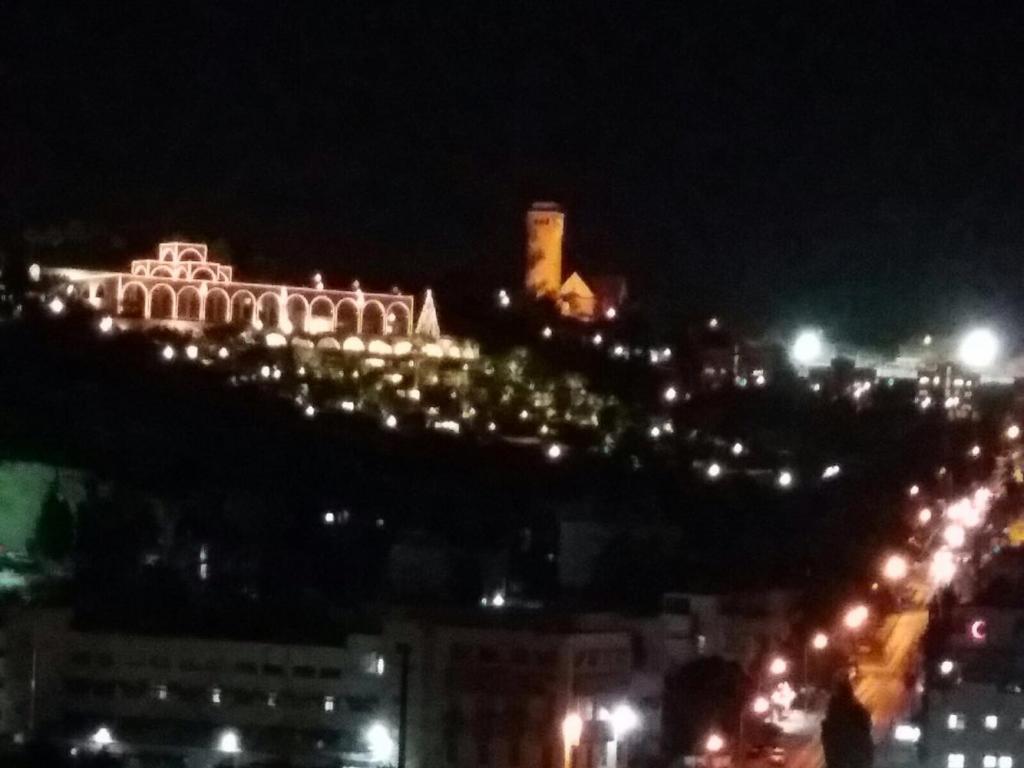
Thanks to Russell Stevenson for reminding me of this choice passage from Orson Pratt’s essay on “The Absurdities of Immaterialism”:
“If, at death, his followers are to be made like him, they will enjoy, with some of the modern Pagans, all the beauties of annihilation. To be made like him! Admirable thought! How transcendently sublime to behold an innumerable multitude of unextended nothings, casting their crowns at the feet of the great, unextended, infinite Nothing, filling all space, and yet ‘without parts!’ There will be no danger of quarrelling for want of room.”
***
Once again, something from the great thirteenth-century Sufi mystic poet Jalal al-Din Rumi:
One night a man was crying,
Allah! Allah!
His lips grew sweet with the praising,
until a cynic said,
“So! I have heard you
calling out, but have you ever
gotten any response?”
The man had no answer to that.
He quit praying and fell into a confused sleep.
He dreamed he saw Khidr, the guide of souls,
in a thick, green foliage.
“Why did you stop praising?”
“Because I’ve never heard anything back.”
“This longing
you express is the return message.” [1]
***
Some notes, including Thomas Carlyle’s translation from the German of E.T.A. Hoffman’s The Golden Pot:
Gracious reader, may I venture to ask you a question? Have you ever had hours, perhaps even days or weeks, in which all your customary activities did nothing but cause you vexation and dissatisfaction; when everything that you usually consider worthy and important seemed trivial and worthless? At such a time you did not know what to do or where to turn. A dim feeling pervaded your breast that you had higher desires that must be fulfilled, desires that transcended the pleasures of this world, yet desires which your spirit, like a cowed child, did not even dare to utter. In this longing for an unknown Something, which longing hovered above you no matter where you were, like an airy dream with thin transparent forms that melted away each time you tried to examine them, you had no voice for the world about you. You passed to and fro with troubled look, like a hopeless lover, and no matter what you saw being attempted or attained in the bustle of varied existence, it awakened no sorrow or joy in you. It was as if you had no share in this sublunary world.[2]
Many, if not all of us, have, at one time or another, felt as Hoffmann describes the student Anselmus here: “He felt that an unknown Something was awakening in his inmost soul, and calling forth that rapturous pain, which is even the mood of longing that announces a loftier existence to man.”[3]
[1] Coleman Barks, with John Moyne, trans., The Essential Rumi (Edison NJ: Castle Books, 1997), 155.
[2] E.T.A. Hoffmann, The Nutcracker and The Golden Pot (New York: Dover Publications, 1993), 17. The Golden Pot was published in 1814; Carlyle’s English translation appeared in 1827.
[3] Hoffmann, The Nutcracker and The Golden Pot, 18.
Posted from Park City, Utah











